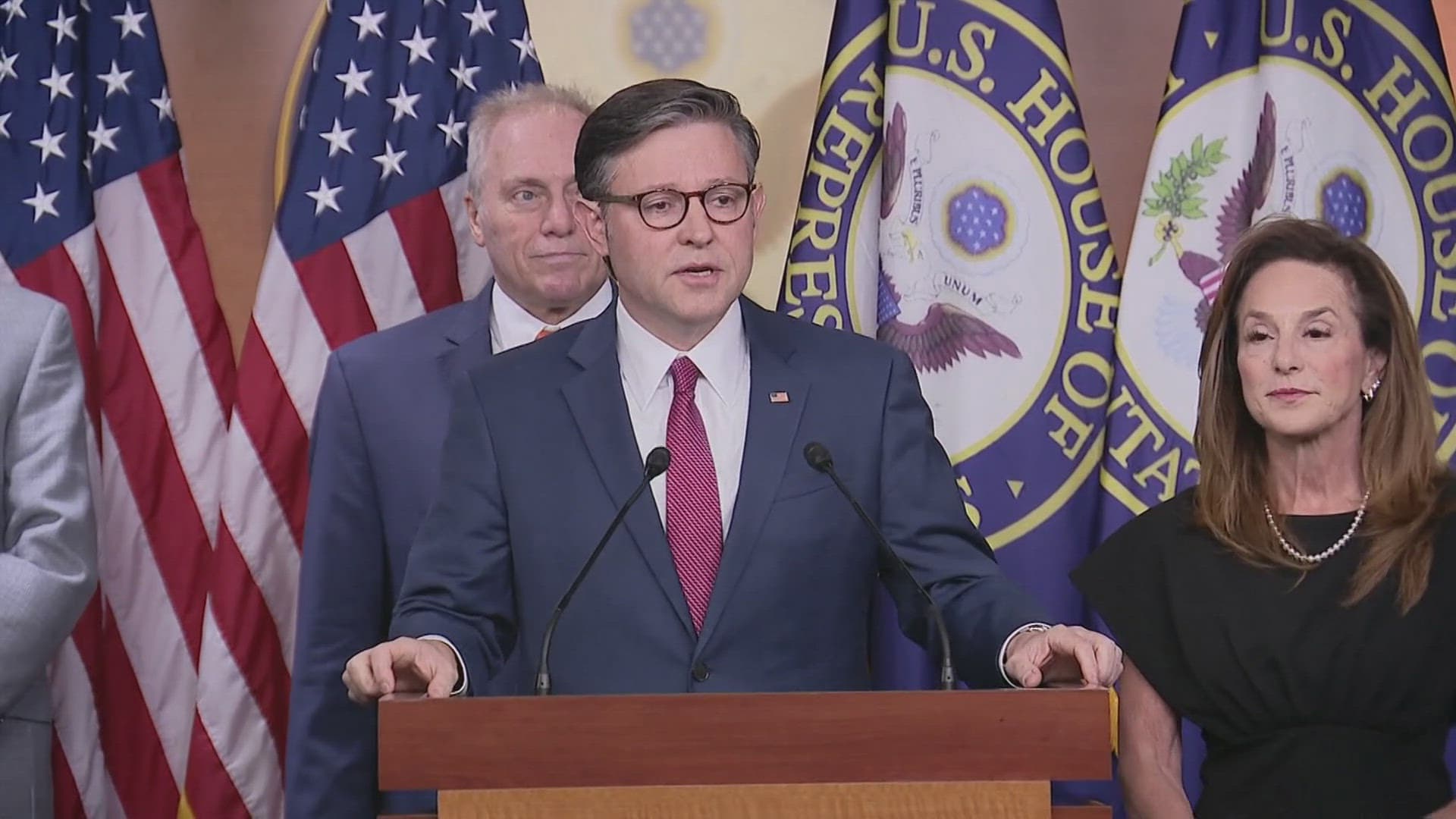Political Polarization Fuels Accusations of Double Standards in US Governance

A recent tweet from user "alex 🏴☠️🇺🇸🇺🇦" has ignited discussion regarding perceived partisan double standards within the American political and legal systems. The tweet, posted on October 18, 2025, asserts, > "In short: if you are a democrat, you’re illegally held from being sworn in; if you’re a republican no amount of illegality is inexcusable." This statement reflects growing public concern over political polarization and its impact on the consistent application of rules and accountability.
The tweet's claim regarding Democrats being "illegally held from being sworn in" echoes a recent controversy involving Arizona Congresswoman-elect Adelita Grijalva. Grijalva, a Democrat, won a special election on September 23, 2025, but her swearing-in has been delayed by House Speaker Mike Johnson. Critics allege the delay is politically motivated, with some suggesting it is linked to Grijalva's potential vote on a petition to release Jeffrey Epstein files, which would be the final signature needed to force a House vote. Speaker Johnson has attributed the delay to the government shutdown and "standard practice," though past instances show newly elected members, including Republicans, have been sworn in more promptly. Arizona Attorney General Kris Mayes has even threatened legal action to compel Grijalva's seating, highlighting the contentious nature of the situation.
The second part of the tweet, suggesting Republicans are often excused for "illegality," aligns with findings from recent academic research. A study published in American Politics Research indicates a notable difference in how voters from the two major parties react to moral transgressions by politicians. While Democratic voters tend to show a consistent desire to punish politicians for moral violations regardless of party affiliation, Republican voters' desire to punish is significantly reduced if the transgressor is a member of their own party. This "in-party bias" contributes to the perception of a partisan double standard in accountability.
Experts suggest that this phenomenon is exacerbated by high levels of affective polarization, where strong loyalty to one's political group can override consistent moral judgments. This tribalism can lead to a willingness to overlook or rationalize misconduct by in-group members, while simultaneously condemning similar actions by the opposition. Such dynamics undermine public trust in institutions and fuel accusations of hypocrisy, further entrenching partisan divisions within the political landscape.